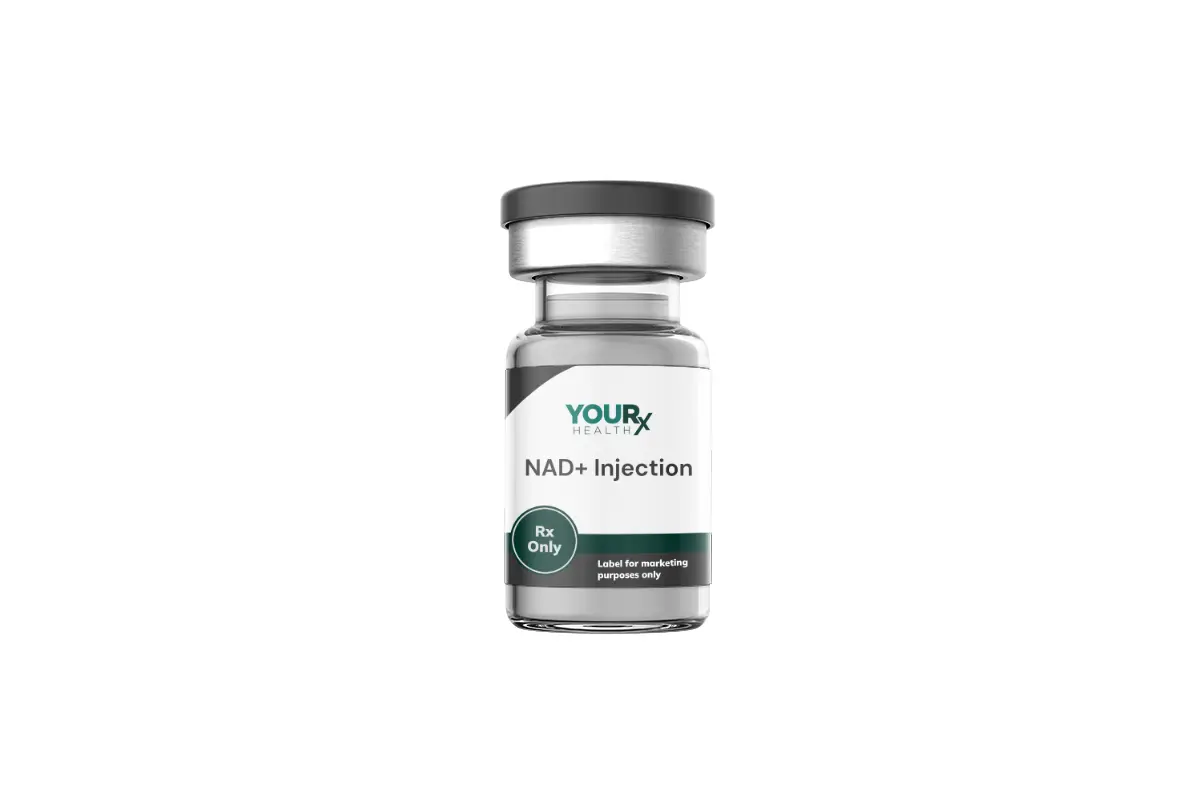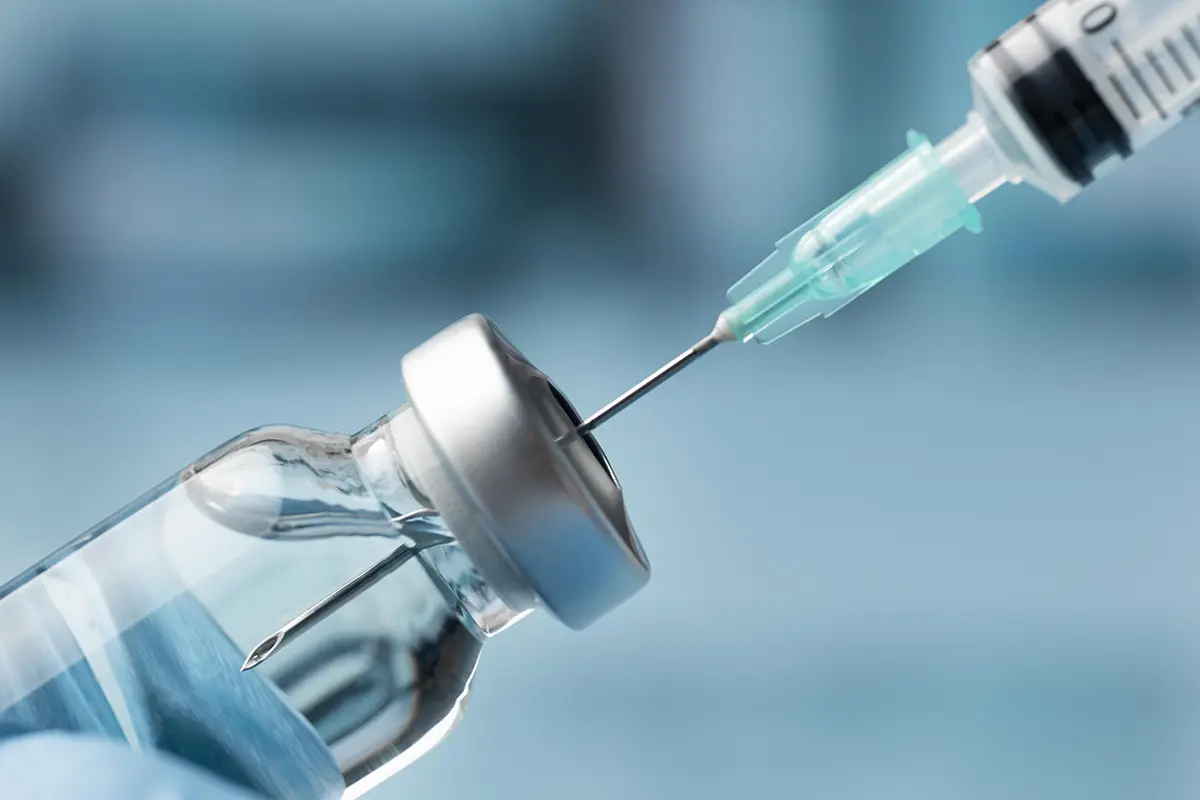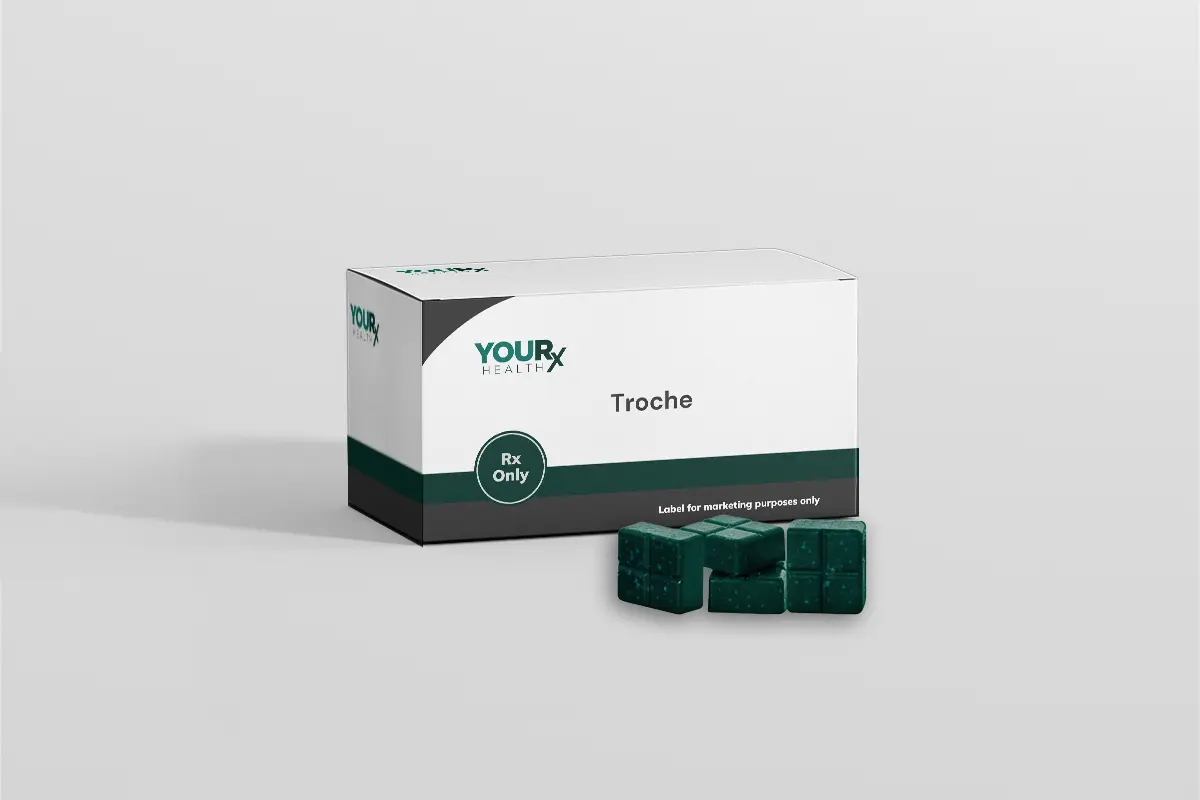
Written by
Jessica Guht
Medical & Health Writer | Wellness Enthusiast | MEng in Biomedical Engineering
Jessica is a medical writer with an unquenched thirst to discover something new. She believes that medical content should be universally accessible and strives to write content that everyone, no matter their background, can understand. Credentials: MEng in Biomedical Engineering from Rutgers University.
Every body is filled with chemical messengers that help the body act in its optimal manner. However, when it comes to sex hormones, the ones that are most prevalent in the body depend on the individual’s gender; for men, testosterone reigns supreme.
Testosterone is responsible for typical male characteristics such as body hair, a deeper voice, and a greater capacity for gaining muscle. It’s also important for other areas, though, such as fertility and red blood cell production. As such, keeping testosterone levels balanced should be a priority for all men so they can look and feel their best.
The Role of Testosterone in Men
Testosterone plays a role in:
- The development of the penis and testes
- Deepening the voice during puberty
- Muscle size and strength
- The appearance of facial hair
- Sex drive
- Bone growth and strength
- Sperm production
However, testosterone production often declines with age, with more than one-third of men over the age of 45 having levels of testosterone that are lower than the “normal” range.
Symptoms of testosterone deficiency in men can include:
- Loss of muscle mass
- Less body and facial hair
- Hot flashes
- Low libido
- Infertility
- Irritability
- Depression
- Brittle bones
- Poor concentration
- Low energy
These symptoms not only decrease a man’s quality of life, but they can also create greater issues, such as challenges with conceiving a child or a greater risk of fractures due to brittle bones. Maintaining your testosterone levels is also important for minimizing disease risk. As such, maintaining balance in your hormone levels is crucial to ensure you feel at your best.
Treating Low Testosterone Levels
There are both at-home and professional ways to improve your testosterone levels.
Lifestyle Changes
Exercise is one such option, with a study finding that increasing physical activity if you’re obese is more effective than restricting your calories when the ultimate goal is increasing testosterone levels. While all types of exercise should work, weightlifting and high-intensity interval training (HIIT), in particular, have been cited as highly effective.
Eating a diet that focuses on protein, fat, and carbs can also help boost your testosterone levels, while constant dieting or overeating can disrupt your levels.
Stress can affect your testosterone production, as well, due to disruption from another hormone, cortisol. This is because sudden elevations in cortisol can quickly reduce testosterone, so to prevent this occurrence, focus on managing stress levels.
Medication
Sometimes, more than lifestyle changes are needed to balance your testosterone levels. When that is the case, medication may be recommended by your healthcare provider. Medications such as enclomiphene citrate can increase testosterone levels without affecting sperm, helping men maintain their fertility as they regain balance in their hormone levels.
Determining Testosterone Levels with the Help of YOURx
The amount of testosterone that each body needs to function optimally varies by person, so if you suspect that you have low testosterone levels, get started with a Comprehensive Testosterone Test Kit to get a detailed analysis of your testosterone levels—you won’t know how to feel better until you understand where you’re starting.
References
Understanding How Testosterone Affects Men. (2015). National Institutes of Health (NIH). https://www.nih.gov/news-events/nih-research-matters/understanding-how-testosterone-affects-men
Kumagai, H., Zempo-Miyaki, A., Yoshikawa, T., Tsujimoto, T., Tanaka, K., & Maeda, S. (2016). Increased physical activity has a greater effect than reduced energy intake on lifestyle modification-induced increases in testosterone. Journal of clinical biochemistry and nutrition, 58(1), 84–89. https://www.nih.gov/news-events/nih-research-matters/understanding-how-testosterone-affects-men
Hooper, D. R., Kraemer, W. J., Focht, B. C., Volek, J. S., DuPont, W. H., Caldwell, L. K., & Maresh, C. M. (2017). Endocrinological Roles for Testosterone in Resistance Exercise Responses and Adaptations. Sports medicine (Auckland, N.Z.), 47(9), 1709–1720. https://doi.org/10.1007/s40279-017-0698-y
Sato, K., Motoyuki Iemitsu, Katayama, K., Ishida, K., Yoji Kanao, & Saito, M. (2015). Responses of sex steroid hormones to different intensities of exercise in endurance athletes. Experimental Physiology, 101(1), 168–175. https://doi.org/10.1113/ep085361
Cangemi, R., Friedmann, A. J., Holloszy, J. O., & Fontana, L. (2010). Long-term effects of calorie restriction on serum sex-hormone concentrations in men. Aging cell, 9(2), 236–242. https://doi.org/10.1111/j.1474-9726.2010.00553.x
Rodriguez, K. M., Pastuszak, A. W., & Lipshultz, L. I. (2016). Enclomiphene citrate for the treatment of secondary male hypogonadism. Expert opinion on pharmacotherapy, 17(11), 1561–1567. https://doi.org/10.1080/14656566.2016.1204294
Testosterone — What It Does And Doesn’t Do. (2015). Harvard Health. https://www.health.harvard.edu/staying-healthy/testosterone–what-it-does-and-doesnt-do




